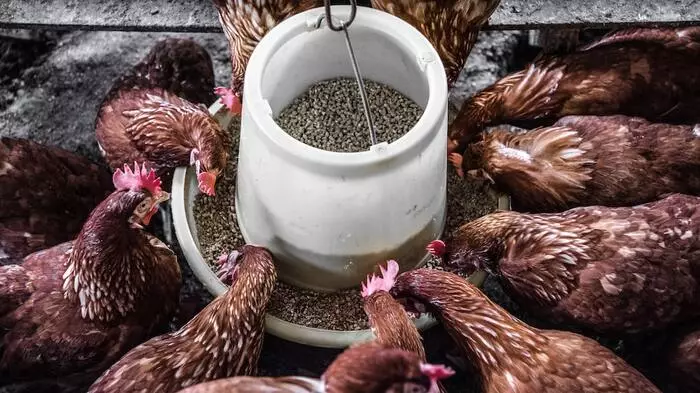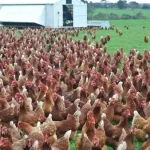Kienyeji chicken, also known as indigenous or local chicken, has been playing a significant role in supporting Kenya's farmers in several ways:
- Adaptability
- Low input costs
- Income generation
- Employment creation
- Poverty alleviation
- Preserving indigenous breeds
- Adaptability: Kienyeji chicken breeds are well-suited to the local environment and are more resistant to common diseases compared to exotic breeds. They can withstand harsh weather conditions and have better survival rates, making them a suitable choice for small-scale farmers.
- Low input costs: Kienyeji chicken requires minimal investment in terms of housing, feeding, and healthcare. They can be raised in simple structures and are less dependent on expensive commercial feeds. This makes them a cost-effective option for farmers with limited resources.
- Income generation: Kienyeji chicken farming can be a profitable venture for farmers. The demand for indigenous chicken meat and eggs has been increasing due to their perceived health benefits and taste preferences. Farmers can sell their products in local markets, restaurants, or directly to consumers, providing a source of income.
- Employment creation: Kienyeji chicken farming has the potential to create employment opportunities in rural areas. As the sector grows, it requires support services such as hatcheries, feed suppliers, and veterinary services. This, in turn, generates employment for individuals involved in these activities.
- Poverty alleviation: Kienyeji chicken farming offers a pathway for poverty reduction and rural development. It provides an opportunity for small-scale farmers to improve their livelihoods and enhance food security. By raising and selling kienyeji chicken, farmers can generate income to meet their basic needs and invest in other productive activities.
- Preserving indigenous breeds: Promoting kienyeji chicken farming helps preserve indigenous chicken breeds that are part of Kenya's cultural heritage. These local breeds are adapted to the local ecosystem and possess unique genetic traits that can be valuable for future breeding programs.
Overall, kienyeji chicken farming contributes to sustainable agriculture, rural development, and income generation for farmers in Kenya. It offers an alternative to intensive commercial poultry farming and empowers small-scale farmers to improve their economic well-being.


